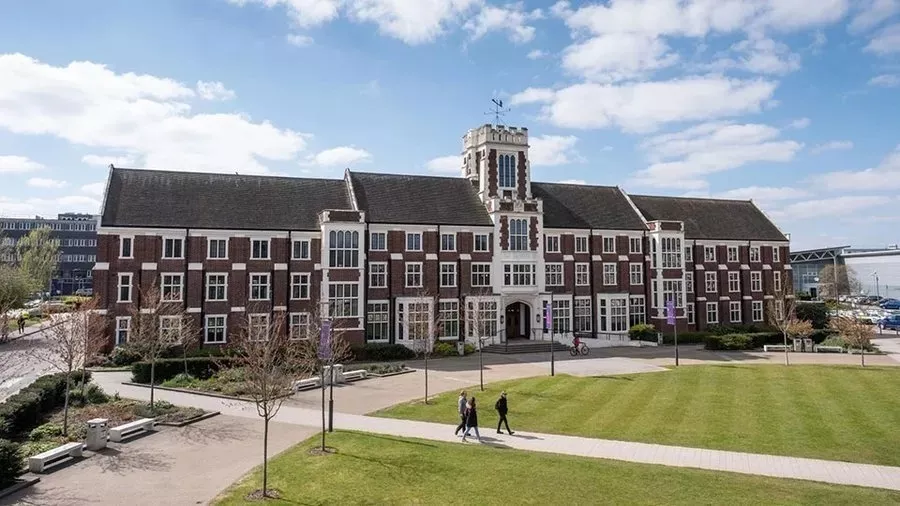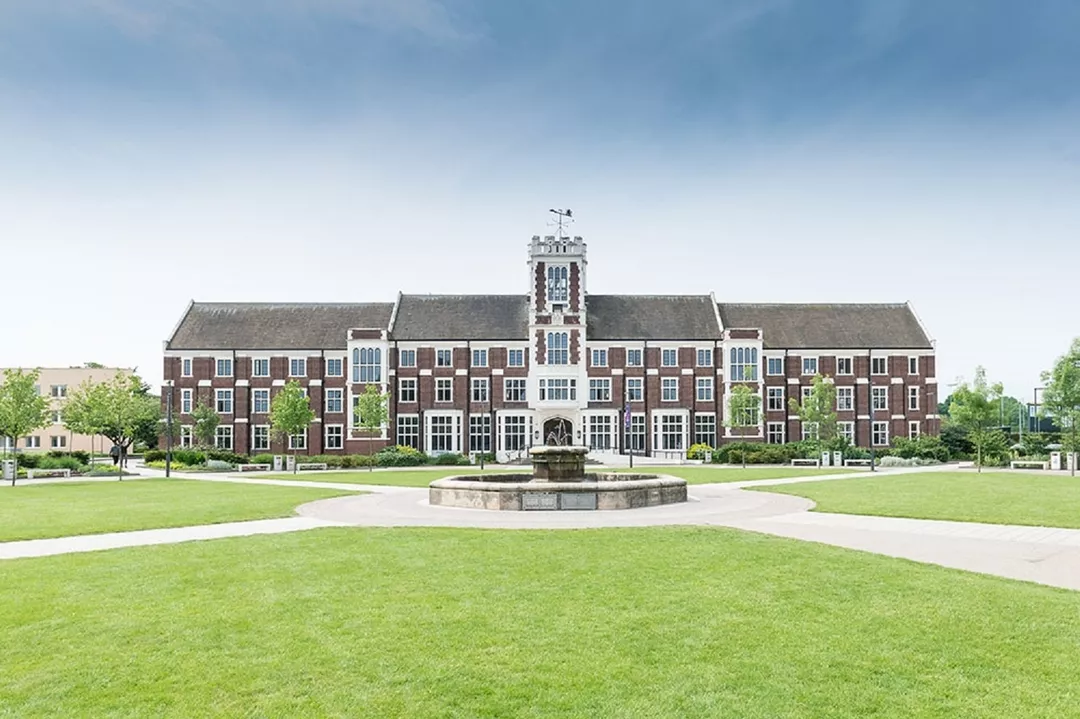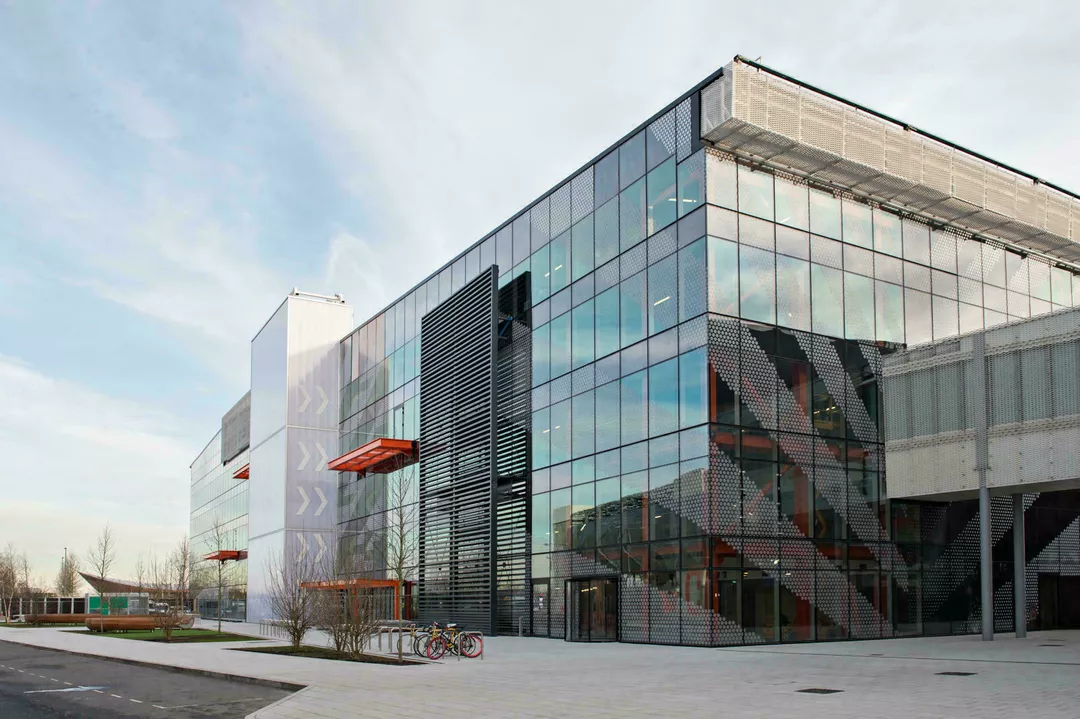-
hello@abroadcube.com
Mail us
-
Call For Help:
98779 83783
-
Whatsapp Us
70090 34921
Loughborough's MA Digital Media and Society offers a comprehensive understanding of current developments in digital media and their wider social significance. Digital media has become an integral part of contemporary life. The internet and mobile technologies are inseparable from everything people do. The Digital Media and Society MA course is designed to provide students with an in-depth understanding of current thinking and debates on the implications of these developments.
Students will benefit from a mix of traditional lectures, seminar-style teaching and one-to-one support through the personal tutor system. In addition to this, the department has designed a bespoke package of study skills support including using and interpreting academic literature, referencing, critical thinking and developing writing style. In the second term students will take a Media Landscapes class as part of the dissertation module. In this class, visiting speakers from across the media and creative industries will give guest lectures, providing insights into the sector and roles in which they work.
Also there is the opportunity to undertake a four-week placement over the Easter vacation (April) – this experience can be recognized as part of students' dissertation research projects. If a students takes up this opportunity, they can have this recognized through their degree if they wish. If they take a placement, they will be put onto a special ‘placement dissertation’ module. Students will be able to use their placement experience as part of their dissertation research project and will in (in part) be assessed on the quality of their reflection on the placement experience.
The MA Digital Media and Society degree is delivered by a diverse interdisciplinary team with a strong profile in, for example, digital culture, media, sociology, anthropology and communication studies. All of Loughborough's world-leading scholars are research active and use their research to develop and deliver cutting-edge teaching. The centre's facilities for media and communications research include the Loughborough Qualitative Digital Research Lab (LiQUiD Lab). Also, stuents will have the opportunity to get involved in the Loughborough Students' Union media centre, which houses television and radio stations, a magazine and photographic editing facilities.
| Level | Masters |
| Discipline | Arts and Humanities |
| Duration | 12 months |
| Intakes | Oct |
| Application Fees | GBP 0 |
| Tuition Fees | GBP 19100 |
| Campus | Loughborough |
| Language proficiency (minimum) | |
| IELTS | 6.5 |
|---|---|
| TOEFL | 92 |
| PTE | 67 |
| Duolingo | 110 |
| Exam proficiency (minimum) | |
| SAT | Not Required / Waiver |
|---|---|
| ACT | Not Required / Waiver |
| GRE | Not Required / Waiver |
| GMAT | Not Required / Waiver |
Minimum GPA - 75%
QS Quacquarelli Symonds is the world’s leading provider of services, analytics, and insight to the global higher education sector, whose mission is to enable motivated people anywhere in the world to fulfil their potential through educational achievement, international mobility, and career development.
THE (Times Higher Education) has been providing trusted performance data on universities for students and their families, academics, university leaders, governments and industry, since 2004. We create university rankings to assess university performance on the global stage and to provide a resource for readers to understand the different missions and successes of higher education institutions.
The Academic Ranking of World Universities (ARWU) was first published in June 2003 by the Center for World-Class Universities (CWCU), Graduate School of Education (formerly the Institute of Higher Education) of Shanghai Jiao Tong University, China, and updated on an annual basis
The "Webometrics Ranking of World Universities" is an initiative of the Cybermetrics Lab, a research group belonging to the Consejo Superior de Investigaciones Científicas (CSIC), the largest public research body in Spain. CSIC is among the first basic research organizations in Europe. The CSIC consisted in 2006 of 126 centers and institutes distributed throughout Spain.



